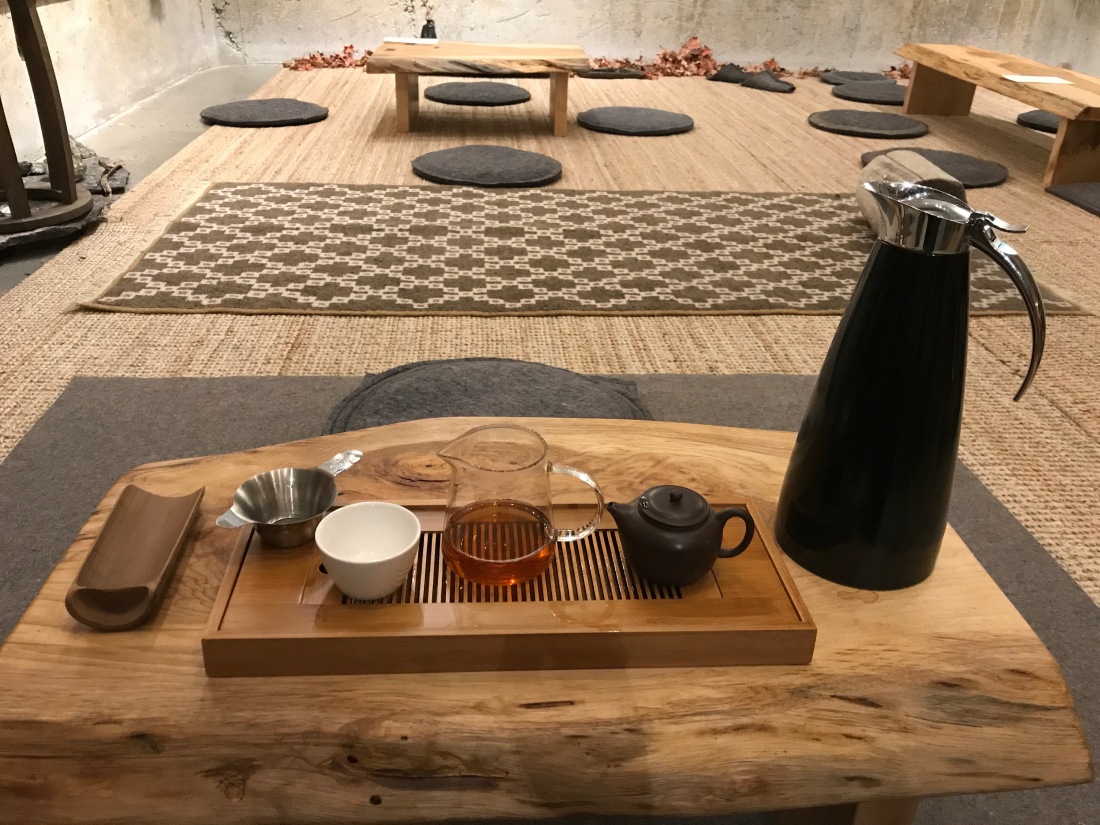In the world of tea, what do we gain with experience?
What’s the difference between an experienced tea drinker and a relative novice? I’m not an expert, but I’m closer to being an expert than I used to be. I’ve also interacted with many people I would consider to be experts, especially in certain areas. Here are a few things people seem to collect along the way.
Tea and teaware
I’ve not met any tea enthusiast who does not have a sizable collection. From people with over 100 teapots to those with entire rooms full of tea, there exist tea-fans so obsessed that they have gone beyond practicality. The more you learn about tea, and the more tea you learn about, the more temptation there is to buy it. Marketing is getting better and better, limited releases are everywhere (white2tea, pu-erh.sk, others), and the selection of teaware is unbelievable. It is very difficult to purposefully reduce the size of your tea/teaware stash over time, and the best way is a sale or swap.
The ability to relax and enjoy
In order to fully enjoy tea, one must drop everything else (aside from possibly a good book or album). I mean to say that worry and tea don’t go well together, especially not worry about tea. I see most (not all) beginners quite concerned about if they are making the tea “right.” Eventually, an expert learns to let the tea make itself. This is done partially through development of personal style and habit, and otherwise learning how to relax and make tea at the same time.
The ability to make good tea
Of the ten thousand ways to make tea, not all are good. Making good tea is about maximizing good qualities and minimizing bad ones. It is an iterative process that comes from many attempts. The more pots one has, the longer it takes to learn their nuances, and the worse the available water is, well, you gotta figure out a solution. The better the water is, the easier it is to make good tea. The point is, people usually get better with experience, or at least develop some character and style in their resulting tea.
Positive memories
Some tea sessions stick out over others for various reasons. With experience, the list of memorable tea sessions lengthens. That time I had HK Henry after a long, stressful day. The outdoor session at the pond in the woods. That six-tea marathon session. The tea masterclass where the puers just got older and older. That time the tea made me tear up (it happens to more people than you think!) That first bitter-turning-to sweet taste of raw puer. And the list goes on.
Friendship
I’ve met some people online and offline in the tea community. Some of these friendships go beyond tea, but it’s perfectly possible and okay to have deep friendships entirely about tea. There are one-sided relationships too – some people serve as the experts and others as the novices. The best way to put your own tea journey in context is to show others what you are doing and compare with what they do. This is not to say that people with more experience are necessarily correct, but that they may have reasons for what they do that you can think about as you decide what to incorporate in different ways.
Personal opinions / the (dis)respect of others
The tea culture is a generally polite place full of different opinions. Most tea-learning is confirmed by experience, and people don’t easily let go of that which they’ve learned from experience. There are usually reasons for differing opinions but they are not easy to figure out. So, there are commonly long arguments about, for example, tea storage, unglazed vs. glazed clay, vendor choices, whether a tea is good or bad, and water (this one seems especially contentious). This is what makes tea so exciting to an expert, especially one who is willing to change their mind.
Appreciation of non-tea
The more one learns to enjoy tea, the more that enjoyment spills over into non-tea elements. Whether it’s the world of alcoholic beverages, from single malts to wine to beer to eaux-de-vie, or just appreciation of nature, tea is about exploring the richness of the world to the fullest extent. Eventually, one learns to enjoy simply living and breathing.
Patience and its rewards
Patience is a virtue, and tea requires patience. Waiting for the water to boil takes patience. Waiting for the hot tea to cool a bit takes patience. Waiting for those loooong steeps at the end of a session takes patience. And all that patience is rewarded with a slow, steady adventure. It’s quite uncomfortable to wait so long doing nothing when you are a tea novice, but eventually it becomes clear that doing nothing is the gateway to a clear experience of reality, or something like that.
Learning from mistakes / Beginner’s mind
It’s easy to mess up a session, or brew a tea for a significant other that evokes the reaction of disgust, or spill tea all over your pants. It’s also incredibly common to have your most expensive tea with your favorite teaware and be completely let down by the result. This is learning, and why the best approach to tea is not as an expert, but as a beginner, open to whatever may happen in the current circumstance. The tea experts I respect the most don’t have any pretentious attitude, but simply know how to enjoy and share tea in their own way, and especially are good at listening to experts and beginners alike.

P.S. I’m doing a lot of hard, time-consuming, mildly expensive work with water, and plan to share it with the world around March 2020. Sorry for the wait, but distilling water takes many hours, and my glass lab equipment is in customs. Thanks for reading!